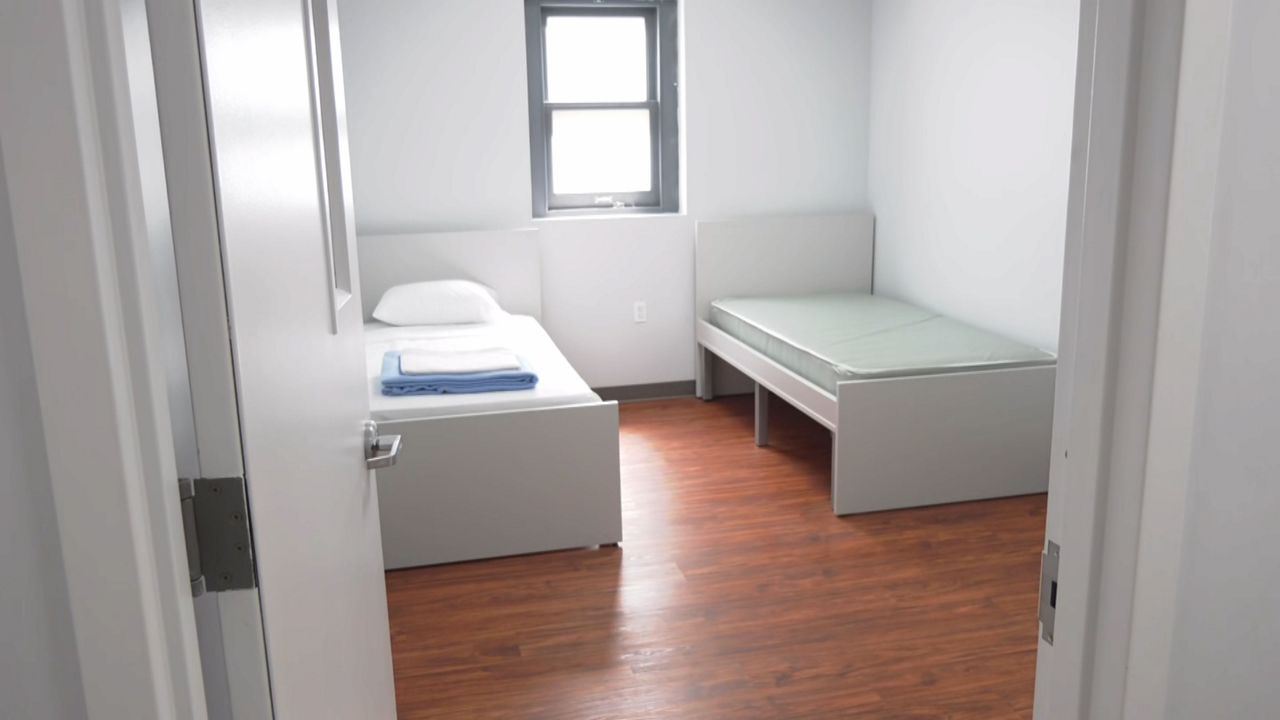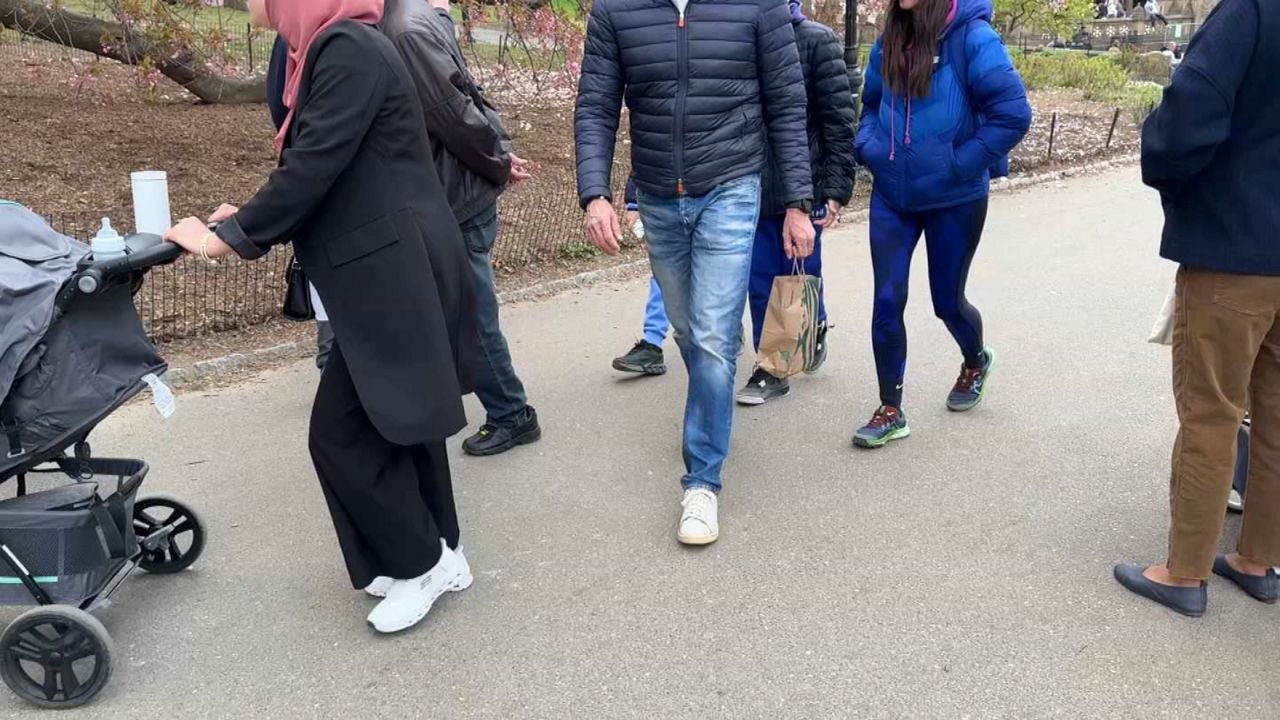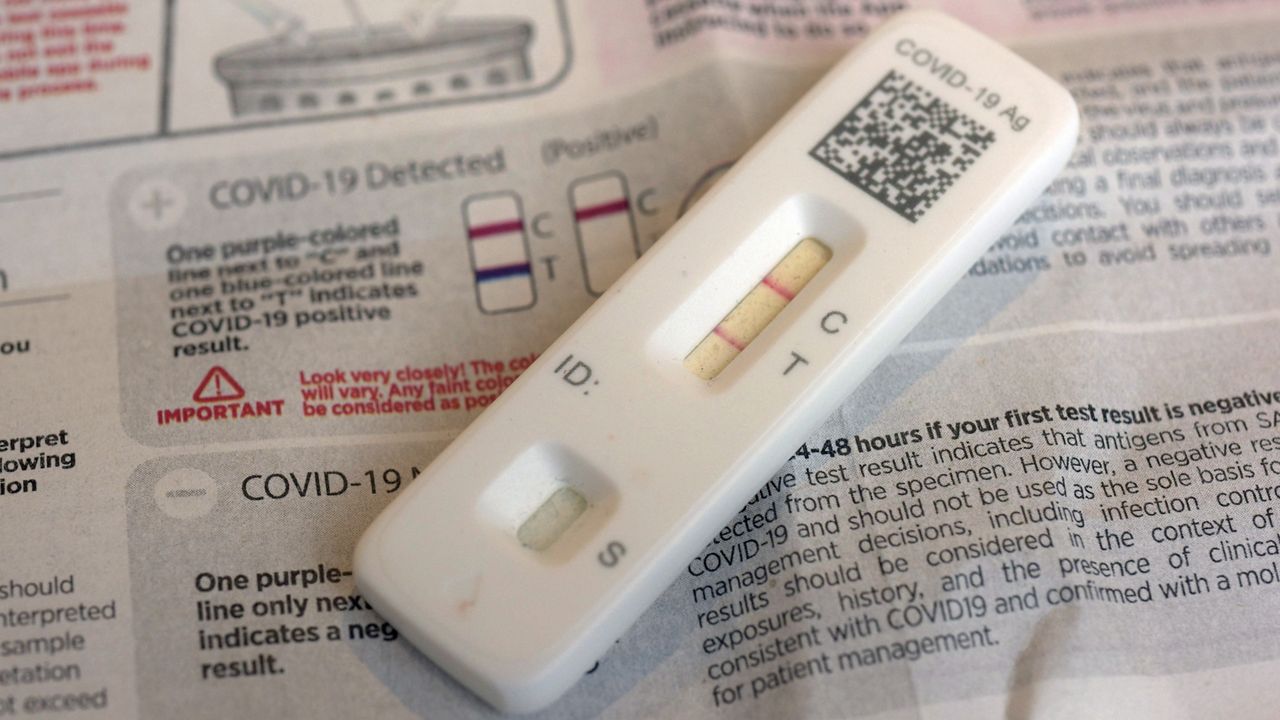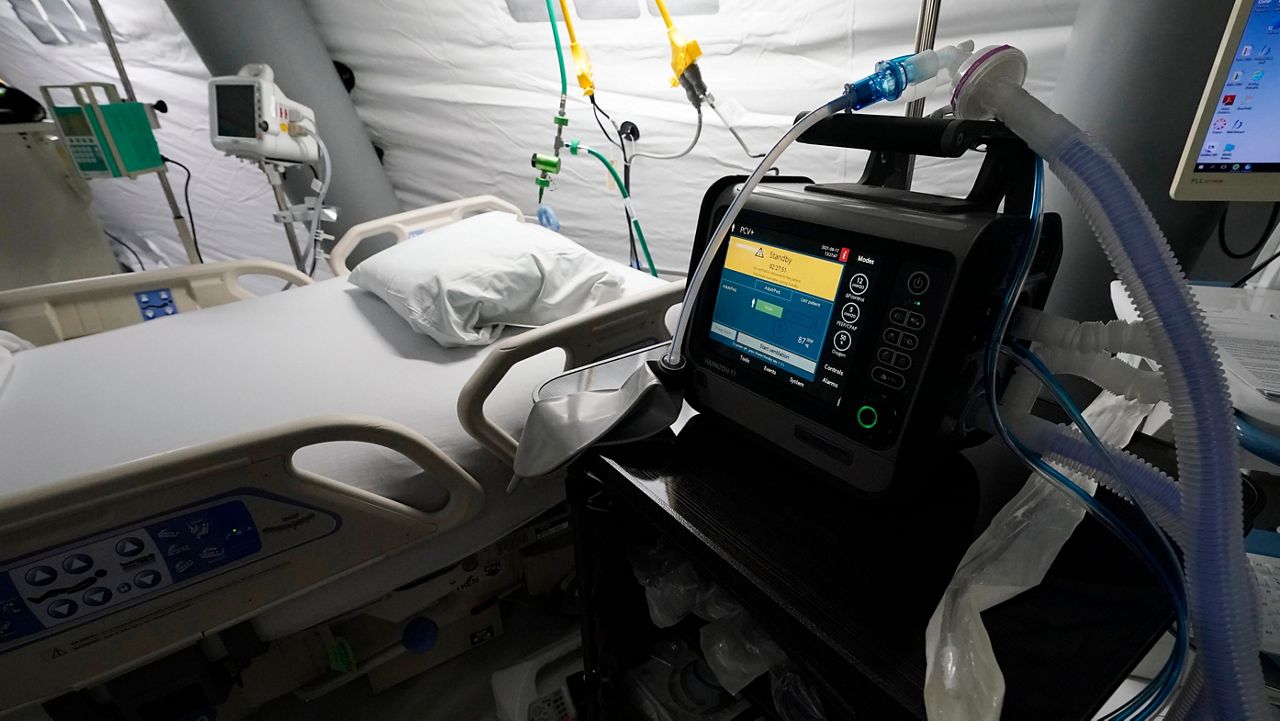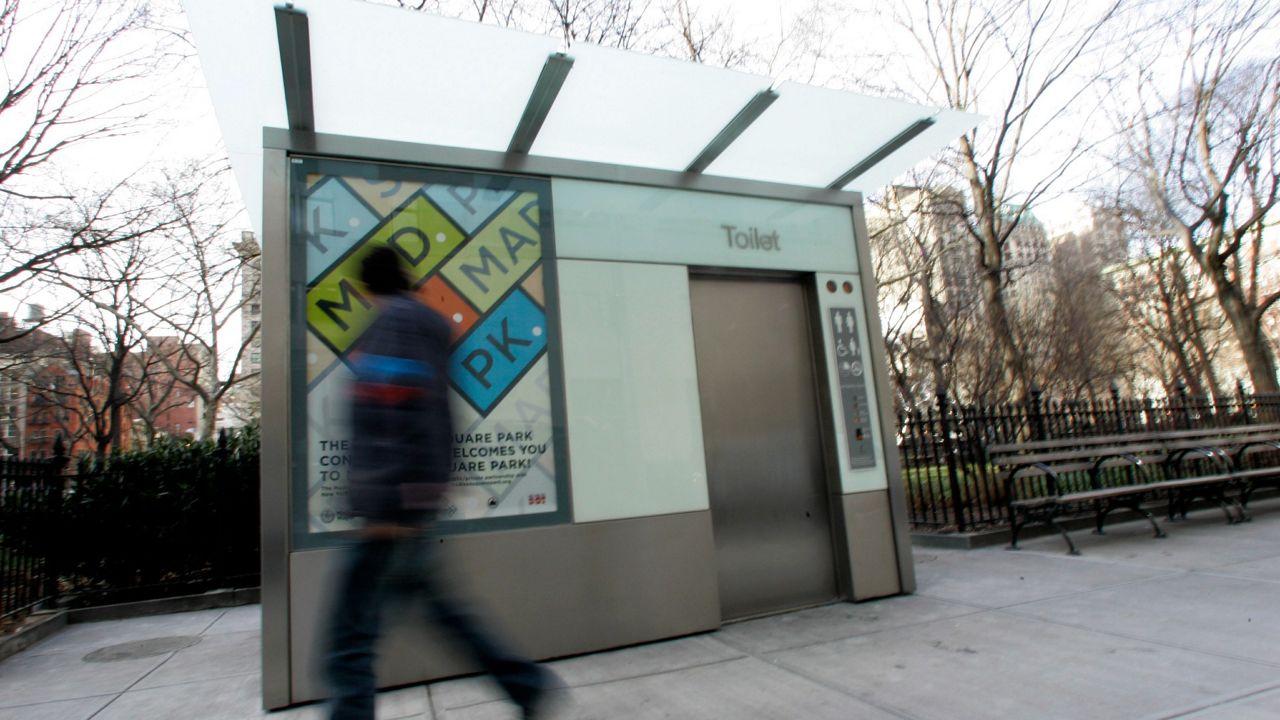A short-term treatment center that opened its doors in the Bronx on Wednesday will provide New Yorkers with mental health and substance abuse issues “immediate” access to services, Mayor Eric Adams said.
For decades, the city has relied on NYPD officers to respond to mental health crises — and offered few alternatives to emergency rooms for people in crisis who are seeking help, Adams said at a news conference Wednesday morning.
The new Bronx Support and Connection Center at 3050 White Plains Rd., near the Bronx’s Gun Hill Houses, will support the city’s efforts to shift its crisis response efforts away from those avenues, the mayor said.
What You Need To Know
- A new clinic, the Bronx Support and Connection Center, will provide New Yorkers with mental health and substance abuse issues with "immediate" access to services, Mayor Eric Adams said
- The center will support the city's efforts to shift its crisis response efforts away from the NYPD, Adams said
- The new facility will offer “robust clinical services” through the nonprofit Samaritan Daytop Village, including primary and psychiatric care, counseling, health screenings and withdrawal treatment
- The site also has has on-site showers, laundry areas and access to food
“The answer to mental health crises is not a public safety response. It is a health response,” he said. “And changing that dynamic is crucial.”
“Mental health crisis is not a crime,” he added. “It’s a crime not to give people the services they need when they’re going through a mental health crisis.”
The new facility will offer “robust clinical services” through the nonprofit Samaritan Daytop Village, including primary and psychiatric care, counseling, health screenings and withdrawal treatment, Adams said in a press release.
The center, which will serve as a “sister site” to the East Harlem Support and Connection Center at 179 E. 116th St., has on-site showers, laundry areas and access to food, the release said. Visitors will be able to stay there for “hours to days, depending on the needs of the community member,” the release noted.
The NYPD has come under fire time after time for its handling of calls reporting people experiencing mental health crises. Deborah Danner and Kawaski Trawick number among those who were fatally shot by police during incidents their families say were simply cries for help.
Last year, the city rolled out a pilot program in Harlem known as B-HEARD — short for the Behavioral Health Emergency Assistance Response Division — that it said would provide a “health-centered response to 911 mental health calls.”
As part of the program, “B-HEARD teams” comprising EMTs, paramedics and NYC Health + Hospitals mental health professionals began responding to some 911 calls.
The Adams administration earlier this year said it would expand the program to the South Bronx, as well as Washington Heights.
The new Bronx clinic aims to bolster the city’s ongoing efforts by serving patients referred to it by B-HEARD teams, the city’s health commissioner, Dr. Ashwin Vasan, said at the briefing.
It will also, however, welcome walk-in visits, Vasan said.
“Ultimately, we want to take people who are directly referred and brought here as an alternative to other carceral or other destinations,” he explained. “But we also want people to feel like they can just walk through the front door and get help when they need it.”
The Bronx has “one of the highest rates of psychiatric hospitalizations in the city,” in addition to a high volume of 911 calls reporting mental health crises, Vasan said.
Adams on Wednesday noted that a “crisis doesn’t impact you on an appointment.”
“Crises don’t wait and say, ‘Listen, I want to impact you on Monday at 3 o’clock.’ No, it hits you,” he said. “You must be able to have a place to go to when that crisis hits you.”




